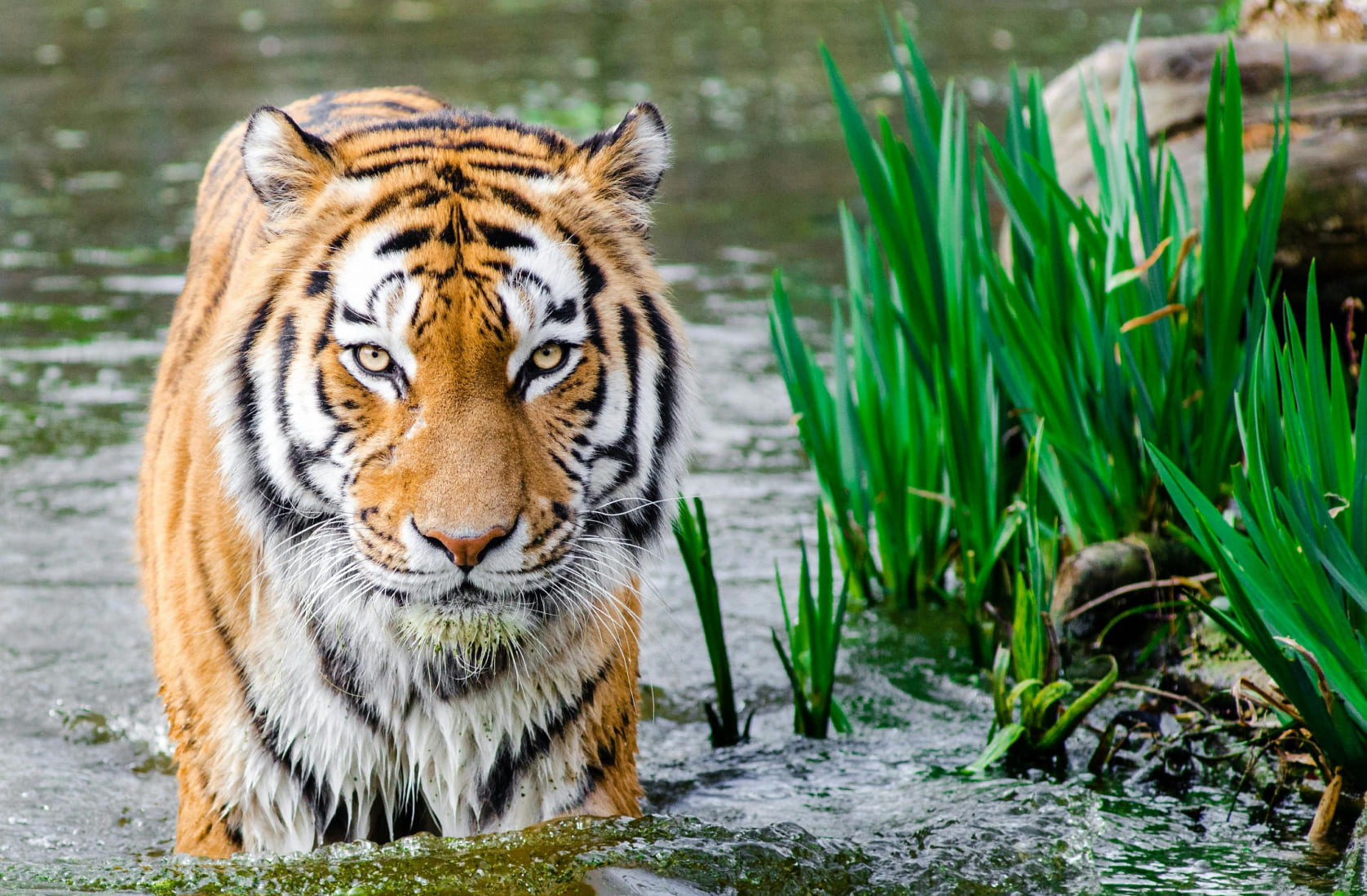History

Challenges and Ethical Considerations in Modern Zoos
As zoos have evolved over the years, they have faced numerous challenges and ethical considerations regarding the care and treatment of animals. Modern zoos strive to balance the need for animal welfare with their goals of education, conservation, and public engagement. This balance requires careful planning, transparency, and a commitment to continually improving the lives of the animals in their care.
One of the primary ethical concerns surrounding zoos is the issue of keeping wild animals in captivity. Critics argue that removing animals from their natural habitats and confining them to enclosures, no matter how well-designed, can negatively impact their physical and psychological well-being. In response, zoos have made significant strides in creating more naturalistic environments that simulate the animals' natural habitats as closely as possible. This approach helps reduce stress and allows animals to express more of their natural behaviors.
Animal welfare is another major consideration. Zoos are required to adhere to strict guidelines for the care of their animals, ensuring they receive proper nutrition, medical care, and social interaction. However, challenges still exist, particularly when it comes to larger, wide-ranging species like elephants and big cats, which require extensive space to thrive. Zoos must constantly assess and adapt their enclosures and enrichment programs to meet the needs of these animals.
Conservation efforts also present ethical challenges. While zoos play a key role in breeding endangered species, some critics argue that focusing too heavily on captive breeding can divert attention and resources away from protecting animals' natural habitats. Zoos must strike a balance between captive breeding programs and supporting in-situ conservation efforts that protect wildlife in the wild.
Finally, the financial sustainability of zoos poses challenges. Zoos rely on visitor admissions, donations, and government funding to operate, which can sometimes lead to pressure to prioritize entertainment over education and conservation. Zoos must find ways to engage the public while maintaining a strong focus on animal welfare and conservation.
Despite these challenges, modern zoos have made significant progress in addressing ethical concerns. By prioritizing animal welfare, improving conservation efforts, and engaging the public in meaningful ways, zoos continue to play an important role in the protection and preservation of wildlife.
ANIMALS
Endangered Species: A Call for Conservation
Many zoos are home to endangered species such as pandas, rhinos, and gorillas. These animals are often the focus of conservation efforts, with zoos playing a key role in breeding programs and public education. Visitors can learn about the threats these species face in the wild and what is being done to protect them for future generations.
